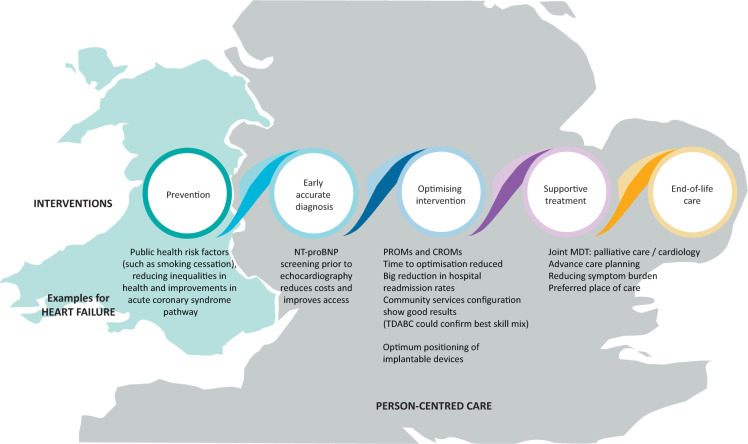Value-based healthcare: is it the way forward?
A comprehensive introduction to Value-Based Healthcare (VBHC), including the challenges facing healthcare systems, the theory behind VBHC and how it can hope to overcome these challenges.
VBHC is traditionally defined as achieving the best possible outcomes for people receiving care at the lowest cost. Whilst there are other variations on the definitions and theories on VBHC, they all have a common goal of improving healthcare outcomes while reducing costs.
Improving outcomes and achieving sustainability in healthcare requires far more than professional clinical movements can manage in isolation. VBHC requires a transformation, towards measurement of outcomes and rewarding interventions which deliver value through outcomes-based payments. Therefore, there is a need for capturing patient-reported outcome measures (PROMs) to gain a greater knowledge of the outcomes that matter to patients and to what extent they are being achieved.
VBHC demands a far more data-informed approach to decision-making at all levels. It represents a cultural shift in healthcare delivery and infrastructure is required to help us edge towards this way of working. There are six key enablers:
- Impact-delivering value
- Digital health
- Person-centered care
- Education, communication and engagement
- Implementation
- Research, industry and strategic partnership
Ultimately, creating value in healthcare is an on-going, iterative process which requires input from all stakeholders – it is everyone’s responsibility. If this can be successfully implemented, we will be on the way to tackling the difficult challenges of 21st century medicine.
